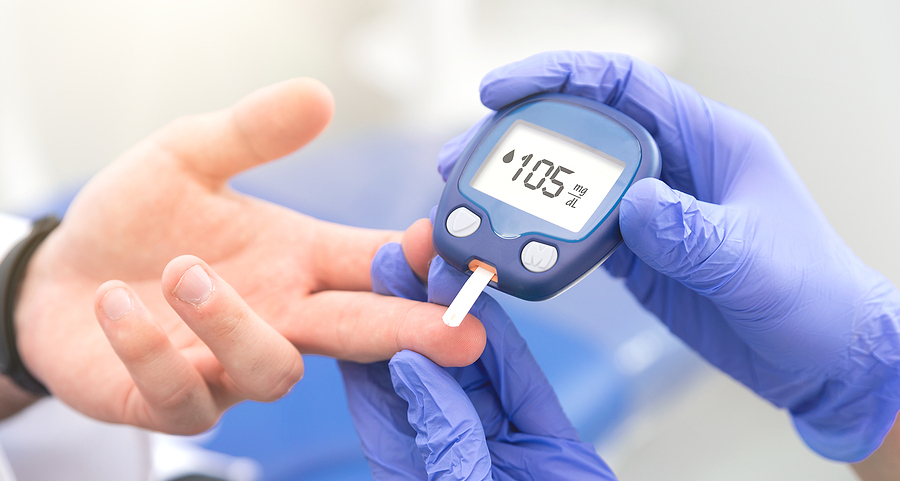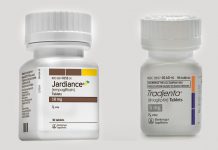Researchers at Yale School of Engineering and Applied Science have come up with an oral drug to treat diabetes, which controls insulin levels and simultaneously reverses the inflammatory effects of the disease, according to Medical Xpress.
Tarek Fahmy, Associate Professor of Biomedical Engineering, Chemical & Environmental Engineering and Immunobiology, developed the drug that has two critical roles to play compared to the standard treatment for diabetes
In addition, the drug can be taken orally so it is easy to consume and much simpler for patients to be compliant with their treatment.
The researchers, who published their results in Nature Biomedical Engineering, said the drug simultaneously address three major problems with diabetes:
- controls immediate blood glucose levels
- restores pancreatic function
- re-establishes normal immunity in the pancreatic environment
Fahmy said, “What excites me about this is that it’s a two-pronged approach. It’s facilitating normal metabolism as well as correcting immune defects in the long term. This combined approach is what makes this system a promising new therapy for autoimmune disease in general.”
He explained that it is all done within a nano-carrier composed of our own body materials, such as bile acids. This means the nano-carrier itself has a therapeutic effect that works with the loaded agent to reinstate normal metabolism in the short-term and restore immune competence in the longer term, per Medical Express.
The nanoparticle protects the insulin while carrying it to the site of the pancreas, where it unloads the medication. The pancreas is an exocrine gland that secretes insulin – a hormone that regulates blood sugar levels.
The nanoparticle is made from a polymerized ursodeoxycholic acid, a bile acid, which is used to make drugs for dissolving gallstones. However, it has not been found effective for the treatment of diabetes.
Fahmy and his team polymerized the bile acid, which increases its ability to bind with receptors critical to metabolism, making it much more effective as a treatment for diabetes, per the medical news website.
In animal studies, the nanoparticles were found to reverse inflammation, restore metabolic functions, and extend their survival, while restoring insulin levels.
Fahmy said, “So you actually are curing the disease while you are maintaining insulin levels at the same time. The potential is enormous for diabetes and other disease states as well.”
“I am hopeful that this technical development will be leveraged in the development of urgent solutions to what are presently difficult challenges in autoimmunity, cancer, allergies and infections,” he added.





















